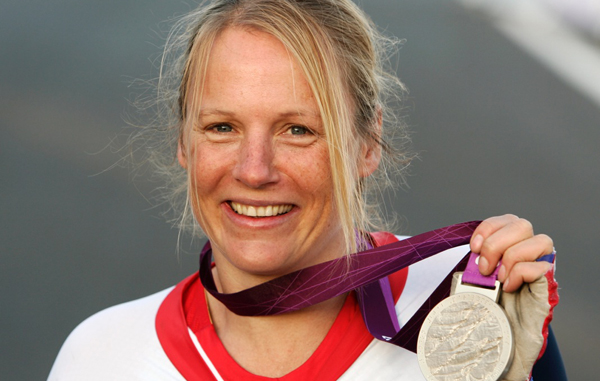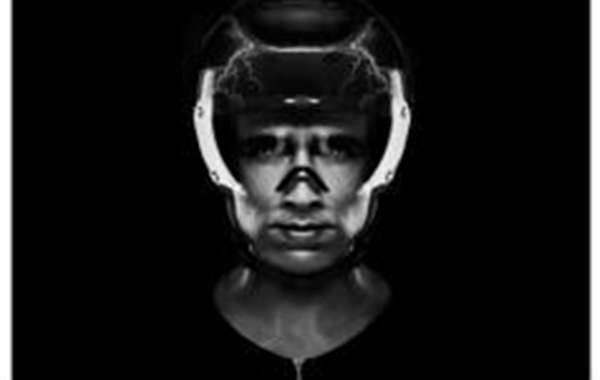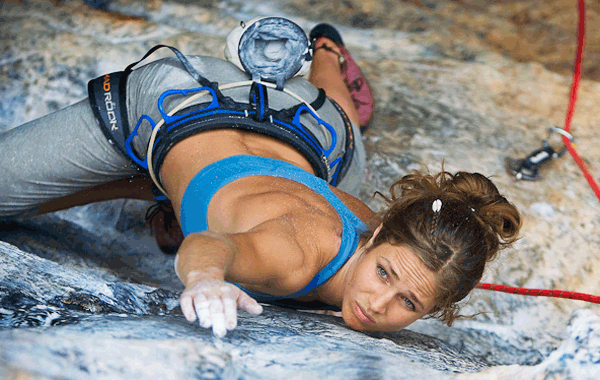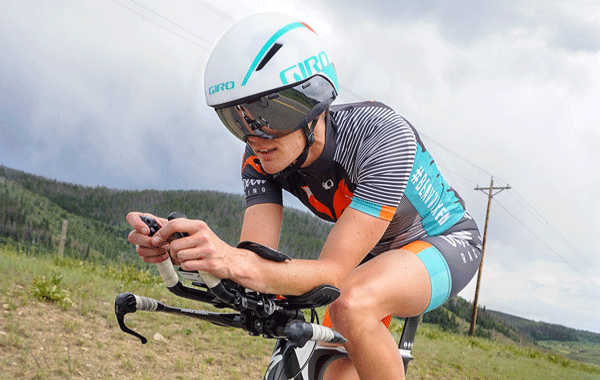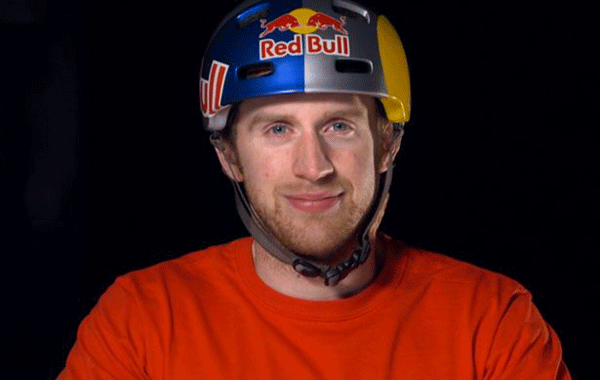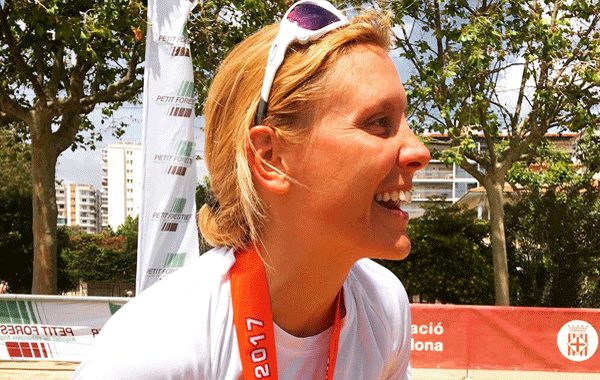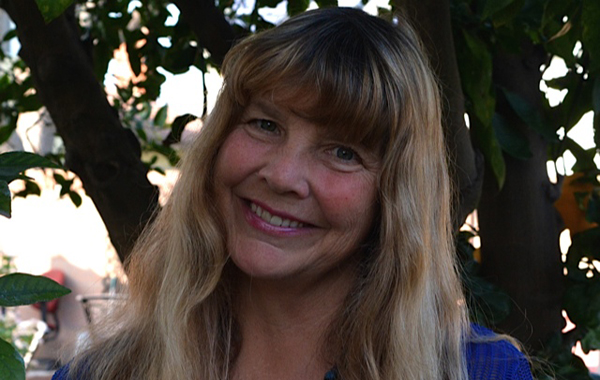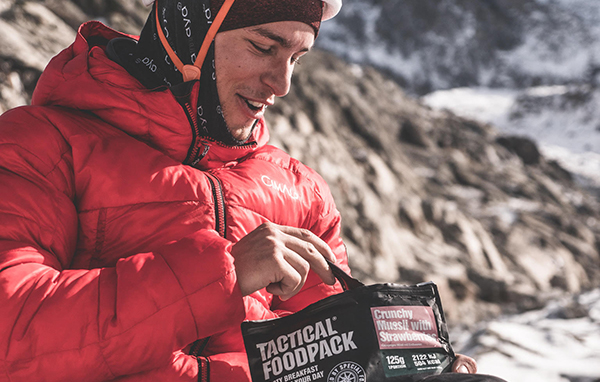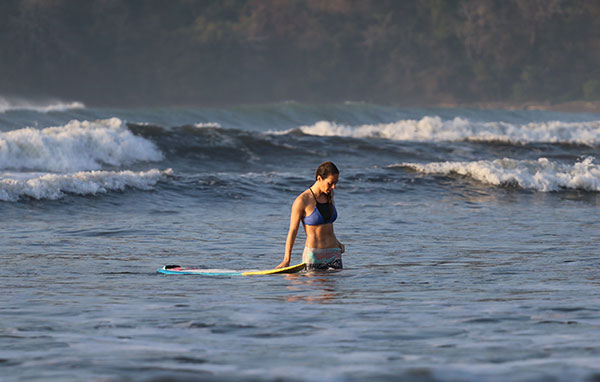PARALYSED from the chest down since a car accident at the age of 21 Karen Darke has gone on to become a paralympic cyclist, paratriathlete, avid adventurer and author. Her efforts and determination have been rewarded with much success including Silver at London 2012 in the women’s road time trial for handbiking.
Here she shares her story and opens up about what it was like to write about her life in her book If You Fall…
What was life like before your accident and what involvement did you have in sport?
I loved non-competitive sport before my accident. I did a few fell races, and some orienteering competitions but I never felt especially competitive about it, but just enjoyed them for being in the outdoors, and for the fresh air and exercise in beautiful places. I just enjoyed all outdoor sports really.
It began with mountain biking, orienteering and fell running as a teenager, but then I got into climbing too. The summers before I was paralysed I usually spent climbing in the Alps, and then on a big mountain bike touring trip somewhere. (The other student holidays I worked to pay for the summers away, though they were always just camping, hitching and on practically no budget).
What challenges have you set yourself since your accident and what have some of your greatest achievements been?
There seems to be no end to the challenges, whether they be physical or mental. And of course life throws in the emotional challenges when we’re not expecting them. Over the years I’ve got used to having a goal, something to work towards and focus on, something to plan around and look forward to. Maybe it is just a sort of addiction to have challenges lined up, or maybe it is important to keep us going and drive us to have new experiences, and to learn about ourselves, others and the world generally.
Certainly sit-skiing across Greenland was one of the biggest physical challenges I’ve ever undertaken, not just for the daily effort of sit-skiing across the icecap, but the environmental conditions and the challenges of staying warm and managing my personal care needs in the wilderness.
Climbing El Capitan was by far the greatest mental challenge of all as I must have had a lot of subconscious negative memories about climbing and falling off cliffs that I had to work hard to overcome.
How did you get involved in competing for Team GB?
A decision in 2008 when watching the Beijing Paralympics and seeing that handcycling was included as a medal sport, led me to the idea to try to make the London 2012 team. It seemed kind of far-fetched at the time, but hard training and some good coaching eventually led to me being invited to represent GB at the World Championships in 2010, and then onwards to compete for Team GB. It’s been quite a journey.
You have won several medals for Great Britain including a Silver at London 2012. How did it feel to reach this kind of level on a world stage?
Quite unbelievable. When I decided to start handbike racing seriously and began training properly in 2008/2009, I had only entered two handbike races previously at that point, and come last in them both by a long way! The goal of even getting to participate in the Paralympics seemed far fetched, let alone winning a medal.
It was a very special experience to be able to share it with friends and family given it was based in the UK, and a privilege to be there representing GB.
What can readers expect from “If you fall…” and how hard or easy was it to write the book?
I began writing purely as a cathartic process – it helped me to write about things in the process of coming to terms with being paralysed. At some point it became a challenge to try to turn it all into a book. It all seemed very exciting when someone wanted to publish it, but now it seems really strange/weird having put some of my story out into the world for people to read.
Sometimes I worry that it’s not helpful or useful to anyone to read it (so what was the point…), or perhaps wonder how people judge or see me when they read it. A book is a snapshot in time – the words representing how I viewed things at the time I wrote them… not necessarily how I’d view things now or in the future.
What advice would you give to someone finding it hard to come to terms with disability and lacking motivation in life?
Our life is what we make it. If we want a happy one, you are the only person who can really create that… I tried the ‘fake it until you make it approach’! In the early days it was hard. I spent a lot of time thinking about what I couldn’t do anymore, or feeling sad inside. Each day when I opened my curtains to the day, I would use that as a trigger to stop any tears, be brave, and to go out into the world and pretend to be happy. For a while it really felt like pretending, but at some point I realised that it was genuine and I was actually feeling happy again.
Surrounding yourself with positive people also helps. Good friends get you through so much – I owe a lot to certain friends who may not even know it, but their being there and there positive attitudes and support really helped me through.
You’re currently training with the British Cycling Team for Rio 2016. What is your training routine at the moment and how exciting is the thought of competing in Brazil?
Yes, I’m very excited about the possibility of making the team again for Rio. It’s never a given, as the level of competition is constantly increasing, both in breadth and in quality. British Cycling standards are high and you need to have real medal potential (ideally Gold!) for them to keep you on the programme or take you as part of a team to a Paralympic or Olympic Games.
The training routine varies throughout the season, peaking for the racing season/World Championships in late summer, ‘down’ time/recovery in the autumn, and then building up miles again over the winter ready for the speed work of the summer.

